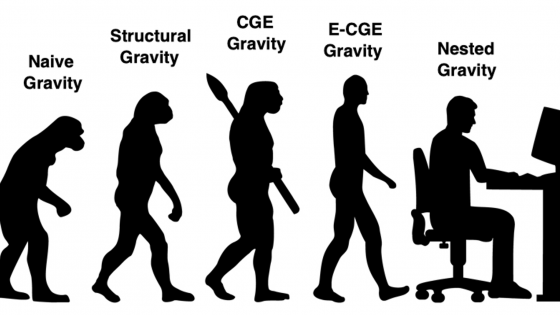Discussion paper
DP14819 Spatial Economics for Granular Settings
We introduce a general-equilibrium model of a "granular" spatial economy populated by a finite number of people. Our quantitative model is designed for application to the growing body of fine spatial data used to study economic outcomes for regions, cities, and neighborhoods. Conventional approaches invoking the law of large numbers are ill-suited for such empirical settings. We evaluate quantitative spatial models' out-of-sample predictions using event studies of large office openings in New York City. Our granular framework improves upon the conventional continuum-of-individuals model, which perfectly fits the pre-event data but produces predictions uncorrelated with the observed changes in commuting flows.
£6.00


